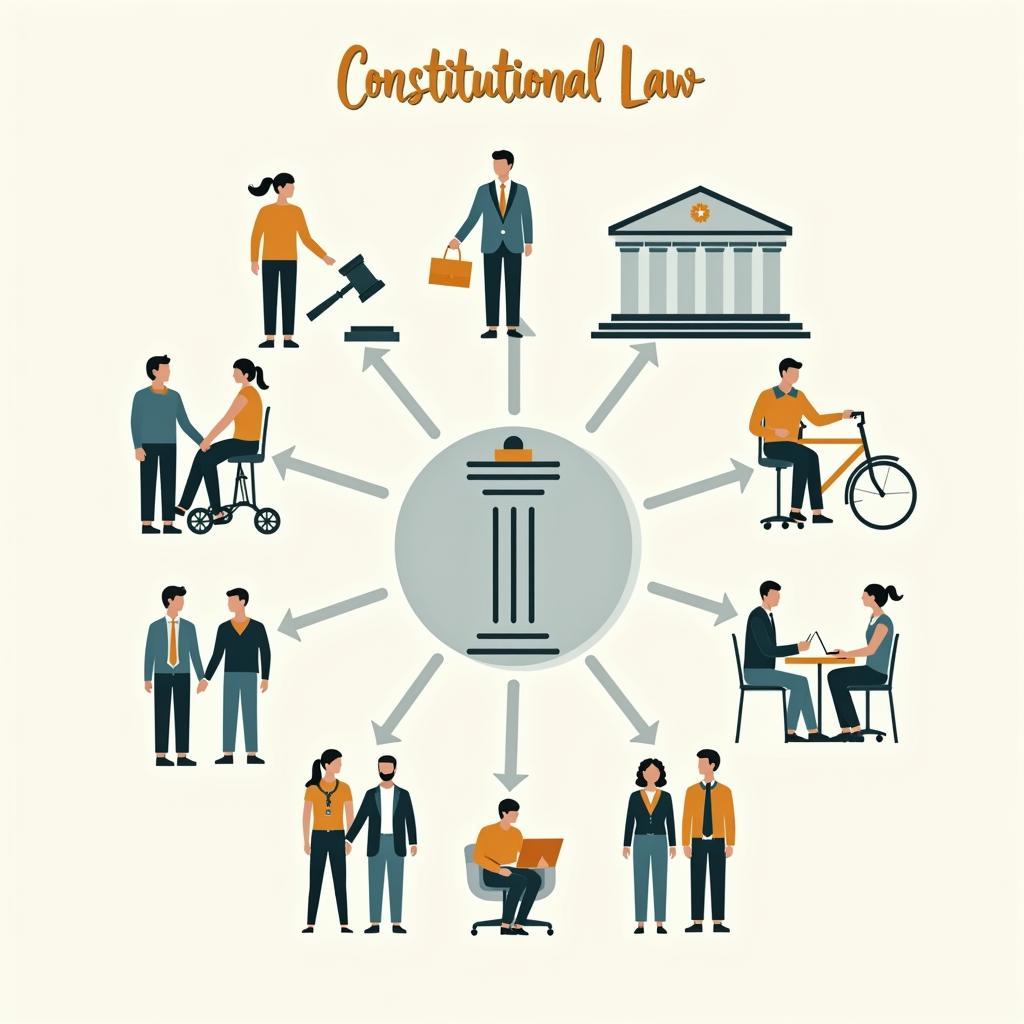A Career as a Lawyer: An Essay in English
The legal profession is a challenging and rewarding field that offers a wide range of career opportunities. Lawyers are advocates, advisors, and problem-solvers who play a vital role in upholding justice and ensuring fairness in society. This essay will delve into the multifaceted nature of a legal career, exploring the required education, essential skills, various practice areas, and potential career paths.
Educational Pathway to Becoming a Lawyer
To embark on a legal career, a strong educational foundation is paramount. Aspiring lawyers typically begin their journey by obtaining a bachelor’s degree in any discipline. While there is no specific pre-law major, coursework in areas such as English, history, political science, philosophy, and economics can provide a solid foundation for legal studies.
After completing their undergraduate education, individuals must attend law school, which typically entails a rigorous three-year program. Law schools accredited by the American Bar Association (ABA) are highly regarded and offer a comprehensive curriculum that covers core legal subjects such as constitutional law, criminal law, civil procedure, contracts, property law, and torts.
During law school, students have the opportunity to specialize in specific areas of law that align with their interests and career goals. Common specializations include corporate law, intellectual property law, environmental law, international law, and criminal justice.
Essential Skills for Legal Professionals
Beyond academic qualifications, successful lawyers possess a unique set of skills that enable them to excel in their profession. These skills include:
- Analytical and Critical Thinking: Lawyers must be able to analyze complex legal issues, identify relevant facts, and develop persuasive arguments.
- Research and Writing: Legal research and writing are fundamental skills for lawyers, who must be able to locate relevant case law, statutes, and regulations, and present their findings in a clear and concise manner.
- Communication and Advocacy: Effective communication is crucial for lawyers, who must be able to articulate their arguments persuasively, both orally and in writing.
- Problem-Solving and Negotiation: Lawyers are often called upon to resolve disputes and negotiate settlements on behalf of their clients.
- Ethics and Professionalism: Lawyers are bound by a strict code of ethics and professional responsibility, which emphasizes integrity, confidentiality, and the duty to represent clients zealously within the bounds of the law.
Diverse Practice Areas in Law
The legal profession offers a vast array of practice areas, each with its own unique challenges and rewards. Some of the most common practice areas include:
- Corporate Law: Corporate lawyers advise businesses on a wide range of legal matters, including mergers and acquisitions, securities regulation, corporate governance, and contract drafting.
- Intellectual Property Law: Intellectual property lawyers specialize in protecting creations of the mind, such as inventions, trademarks, copyrights, and trade secrets.
- Criminal Law: Criminal lawyers represent individuals and organizations accused of crimes, defending their rights and ensuring due process of law.
- Civil Litigation: Civil litigators handle disputes between private parties, such as contract breaches, personal injury claims, and property disputes.
- Family Law: Family lawyers assist clients with matters related to divorce, child custody, child support, and adoption.
Career Paths for Law Graduates
A law degree opens doors to a wide range of career paths, both within and outside of traditional legal practice. Some common career options for law graduates include:
- Private Practice: Many law graduates choose to work in private law firms, representing clients in various legal matters.
- Government: Lawyers play a crucial role in all levels of government, serving as prosecutors, public defenders, government attorneys, and judges.
- In-House Counsel: Large corporations often employ in-house counsel to provide legal advice and handle legal matters internally.
- Academia: Some law graduates pursue careers in legal academia, teaching law and conducting legal research.
- Non-Profit Organizations: Lawyers are essential to the work of non-profit organizations, advocating for social justice, protecting civil liberties, and providing legal aid to underserved communities.
Conclusion
A career as a lawyer is intellectually stimulating, personally fulfilling, and socially impactful. It requires a strong educational background, a diverse skill set, and an unwavering commitment to ethical conduct. From corporate boardrooms to courtrooms, lawyers play a vital role in upholding the law, protecting individual rights, and shaping the fabric of society.



